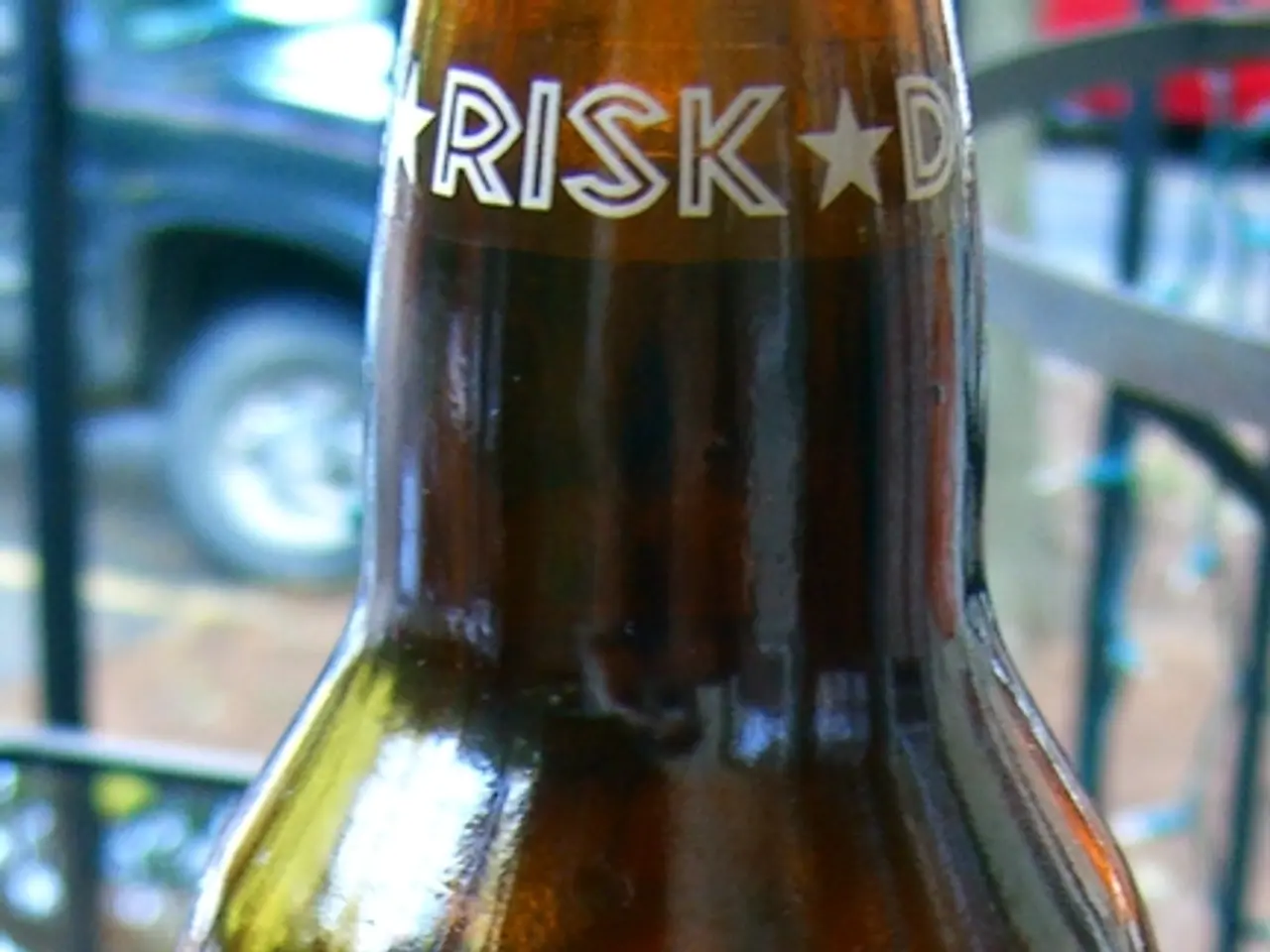Alcohol consumption may increase the likelihood of developing pancreatic cancer, according to a new research finding
New Study Highlights Alcohol's Link to Pancreatic Cancer
A groundbreaking study led by the World Health Organization's International Agency for Research on Cancer (IARC) has provided fresh evidence that the connection between alcohol consumption and pancreatic cancer has been underestimated until now. The study, which spanned over 2.5 million people across Asia, Australia, Europe, and North America, found a dose-response effect between alcohol consumption and pancreatic cancer risk.
The study reveals that men who drank 30-60 grams of alcohol per day faced a 15% increased risk, while those consuming over 60 grams per day saw their risk jump to 36%. Women who drank 15-30 grams per day had a 12% higher risk of pancreatic cancer compared to light drinkers. The effect appeared consistent across genders and regions, except in Asia.
Long-term alcohol consumption is linked to an increased risk of developing pancreatic cancer primarily through indirect carcinogenic effects. Alcohol may promote pancreatic cancer risk by fostering intermediate conditions such as chronic pancreatitis and diabetes, which in turn elevate pancreatic cancer risk. The International Agency for Research on Cancer (IARC) classifies alcohol as a Group 1 carcinogen, meaning it is a confirmed cause of cancer in humans.
The study's results add pancreatic cancer to the list of cancers that may be influenced by alcohol consumption. Even non-smokers who drank alcohol faced a higher risk of developing pancreatic cancer. The study did not imply that occasional drinking is a direct cause of pancreatic cancer, but it may be worth reconsidering habits for those drinking several drinks daily.
Dr. Pietro Ferrari, a study author, stated that alcohol consumption could be another cancer type associated with pancreatic cancer. The study's findings suggest that alcohol itself is an independent factor in the development of pancreatic cancer. Over 10,000 new pancreatic cancer cases were reported during the study, which lasted for approximately 16 years, from 1980 to 2013.
The study considered different types of alcohol (beer, spirits, wine) to determine if any one type was more risky. However, the study did not find a significant difference in risk between different types of alcohol. The participants were cancer-free at the outset and were mostly in their late 50s.
The study's results underscore the importance of moderating alcohol intake to reduce pancreatic cancer incidence. While the increased risk of pancreatic cancer is modest, especially at lower levels, it's clear that more drinks can mean more risk. The study confirms alcohol as a potent carcinogen and identifies long-term alcohol use as increasing pancreatic cancer risk indirectly via alcohol-related diseases like pancreatitis and diabetes.
- The study conducted by the World Health Organization's International Agency for Research on Cancer (IARC) suggests that long-term alcohol consumption might be a contributing factor to the development of medical-conditions like pancreatic cancer.
- The health-and-wellness implications of the study are prominent, as it highlights that alcohol, when consumed excessively, may indirectly influence nutritional well-being through its potential role in developing pancreatic cancer.




